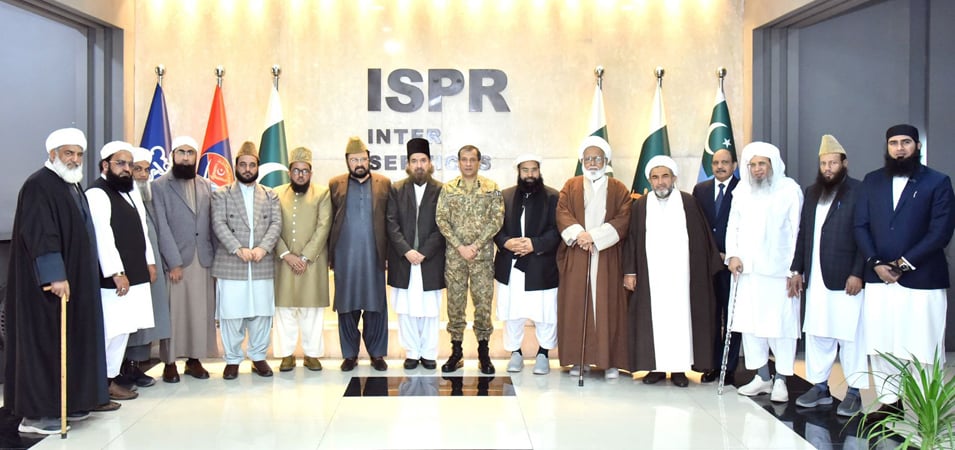-
January 14, 2026 -
10
Union Minister for Construction U Myo Thant…
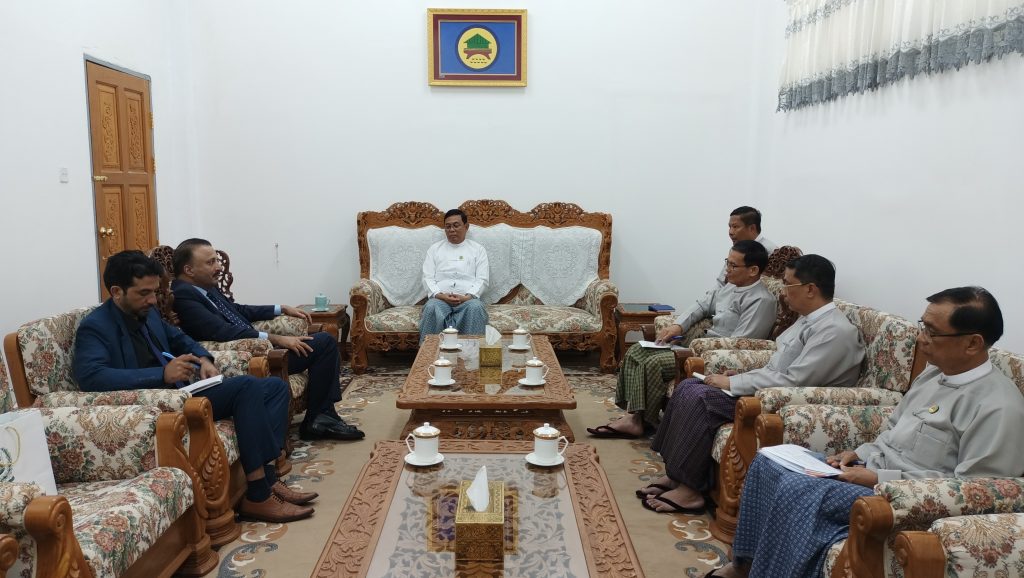
Union Minister for Construction U Myo Thant…
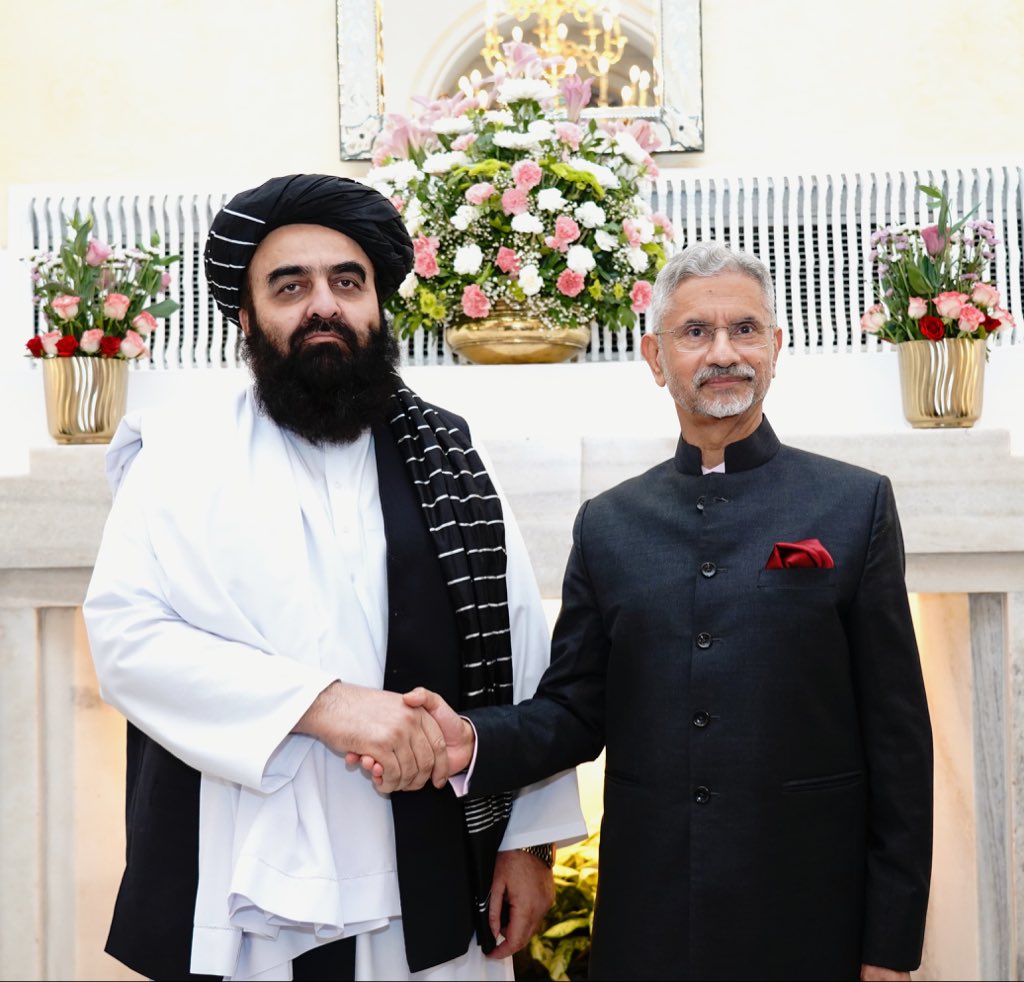
International politics in the realist school of thought is considered to be a reflection of humanity’s fallen nature and a proclivity towards sinful assertions of self-interest over the well-being of others. Even…
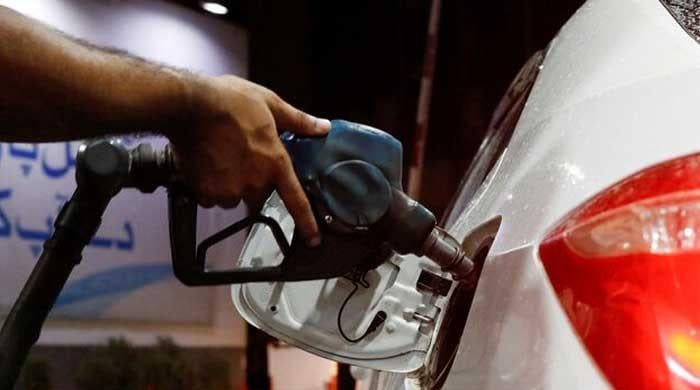

Four young girls sustained serious burn injuries in a house fire in Rawalpindi’s Niazi Town area on Wednesday, according to rescue officials.
Rescue 1122 said the fire broke out in a residential building, leaving the girls in critical…
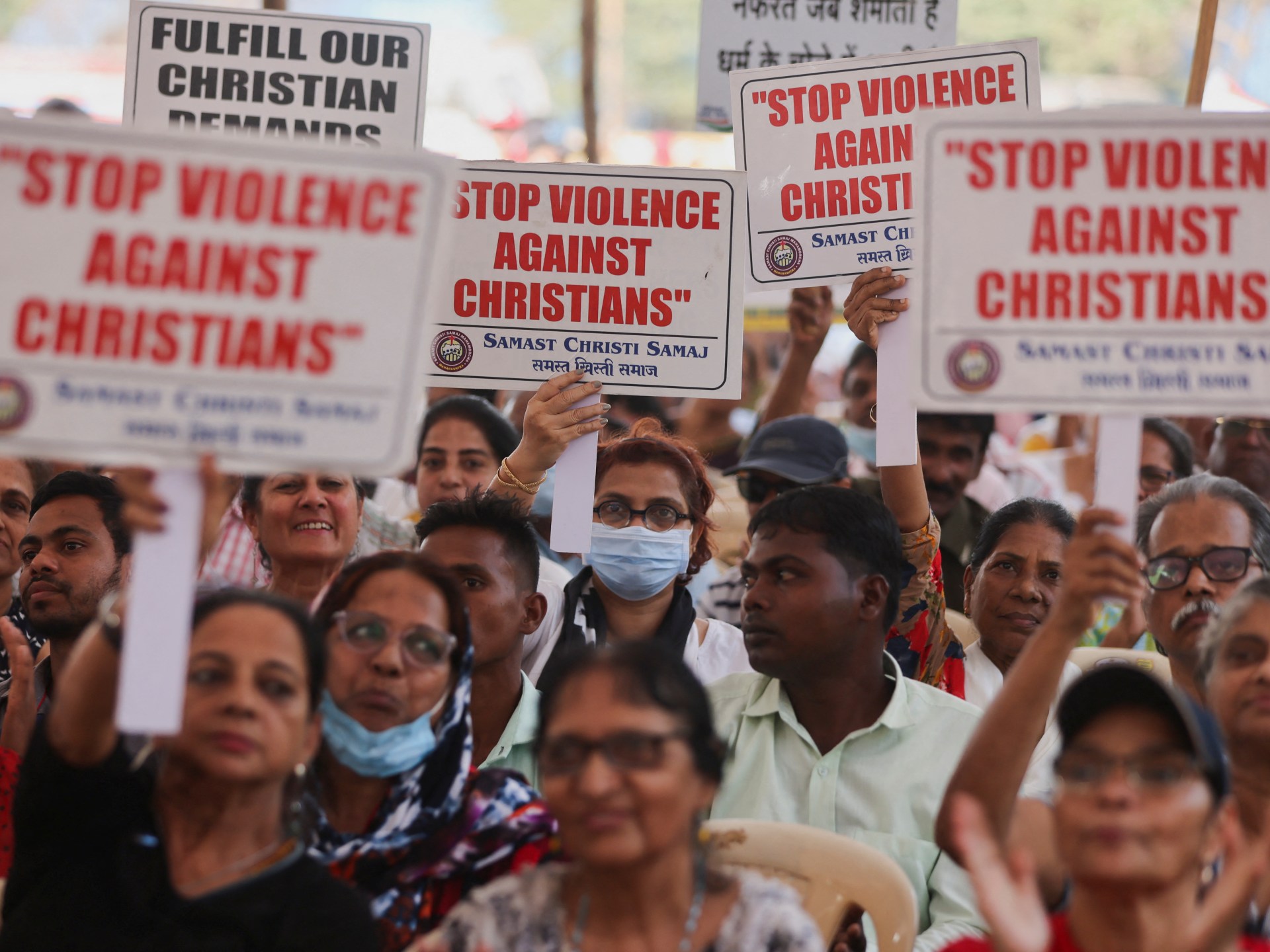
On Christmas Eve, Hindu hardline groups affiliated with Indian Prime Minister Narendra Modi’s Bharatiya Janata Party (BJP) announced a shutdown in the central Indian city of Raipur. The protest was called over allegations of “forced”…

RAWALPINDI: Four young girls were seriously injured after sustaining burn injuries in a house fire in Rawalpindi, ARY News reported on Wednesday, citing rescue officials.
According to Rescue 1122, the fire incident was reported in Rawalpindi’s…

Several motorways and major highways across Punjab remained closed to traffic on Wednesday amid dense fog, which has severely reduced visibility in many areas.
According to a spokesperson for the Motorway Police Central Region, traffic flow has…
